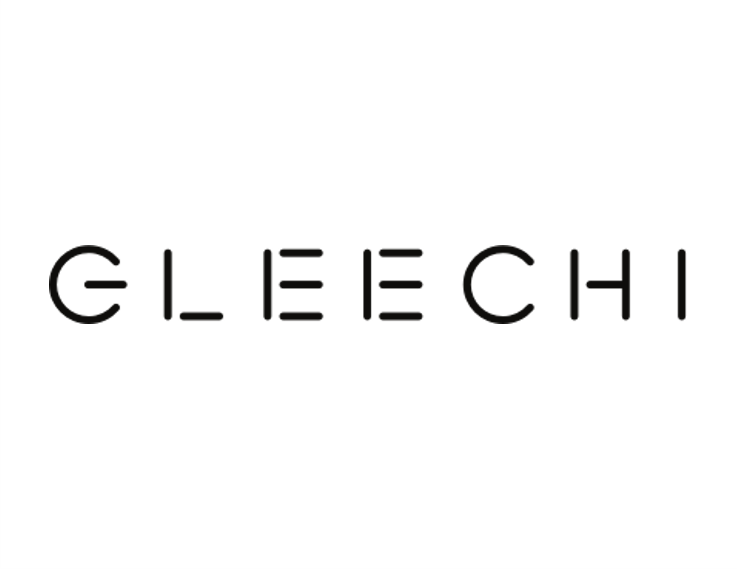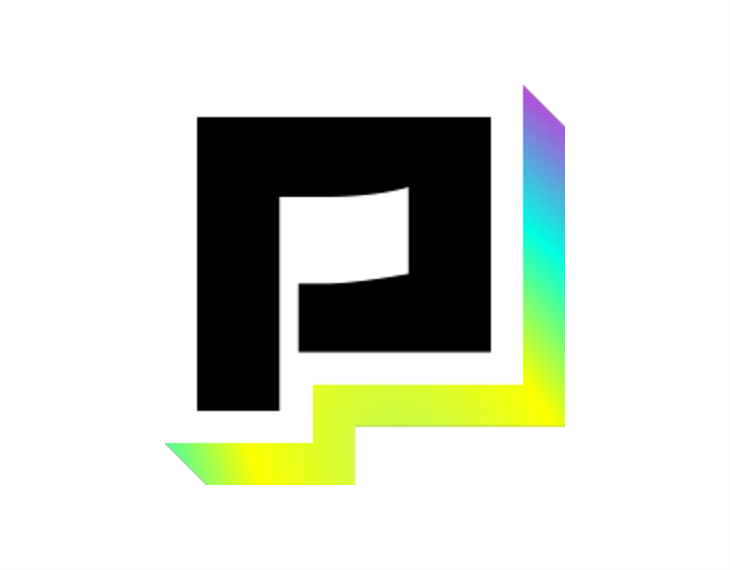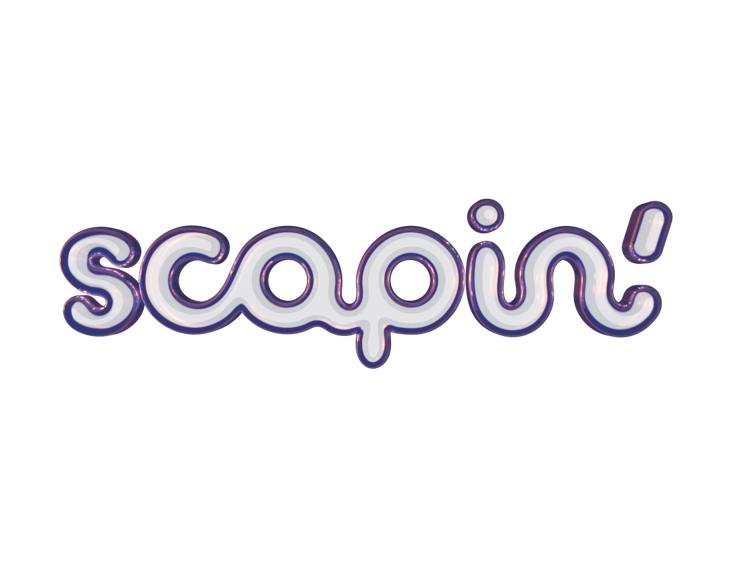123Fab #71
1 topic, 2 key figures, 3 startups to draw inspiration from

On October 28, 2021, Facebook Inc. announced the new name of its parent company: Meta. The message is strong and demonstrates the group’s strategic shift towards the 3D universe, and particularly the metaverse. The latter is a combination of multiple elements of technology, including virtual reality and augmented reality where users “engage” within a digital universe. The concept behind the metaverse is the introduction of new online environments whereby interactions between people are highly multidimensional, wherein they can immerse more interactively with digital content instead of just receiving information. For Meta, this world promises more social contact without going anywhere, whether it’s organizing a business meeting, attending a fitness class or strolling through a pixel shop.
There are several factors that explain why the metaverse is back in the spotlight. First of all, the Covid-19 epidemic and the lockdowns have greatly accelerated the digitization of our societies (zoom meetings, aperitifs or even online museum visits…) and the emergence of virtual communities as major living spaces, including interactive gaming landscapes as well as increasing adoption of mixed reality. Also from a technical point of view, digital infrastructures are becoming more and more powerful, the boom in virtual reality is becoming real and the development of 5g promises unprecedented speeds.
The race to the metaverse is therefore on and the competition is fierce. The uses are also numerous. Microsoft, for example, intends to create an “enterprise metaverse”. Its Mesh mixed reality collaboration platform, designed for Teams among other things, will begin previewing in 2022 with a set of pre-built immersive spaces for things like meetings and social gatherings. The company also specializes in the design of digital twins. Epic Games, the world of the popular game Fortnite, which raised $1 billion this year, is already hosting virtual mini-concerts with 12 million viewers. Regarding video games, one of the leaders remains Roblox, a free-to-play software that allows any user to create games and sell them. In this system of play and creation, one in five players will change their avatar every day, just as a person gets up and gets dressed every morning. Thus, the metaverse also offers luxury brands the opportunity to take advantage of digital collectibles and the rise of ‘social gaming’. Several brands, such as Gucci and Lagerfeld, have already held virtual exhibitions and digital model sales. Thanks to NFTs, linked to the blockchain, transactions are encrypted, secure and the items sold are unique, thus preserving their value.
The potential of the metaverse is therefore very large and major groups are not hesitating to join forces with the most successful startups in the field to get ahead. This is the case, for example, of Nike, which has announced the acquisition of RTFKT, a startup specialized in the creation of digital fashion objects for the metaverse. Whether it is in the development of new uses or new technical tools, startups are very active in this field. For example, Stockholm-based startup Gleechi, which launched in 2014, has developed a technology called VirtualGrasp, which enables a more natural hand interaction in virtual reality. It has partnerships with companies such as Siemens Energy, Scania and Saab Aeronautics to develop virtual training programmes. Another startup, Scapin’, based in Stockholm, is developing a mobile social communication platform that allows anyone to create personalized virtual spaces, either to connect with friends or to offer experiences to an audience.
On the basis of end-use, the global metaverse market is segmented into fashion, media & entertainment, education, aerospace & defense, and others. The media and entertainment segment is expected to account for the largest share of the global metaverse market over the next ten years, owing to the growth of the gaming industry worldwide. Although the metaverse is not yet well developed in the service of industry, its ability to deepen the digital continuity of companies, i.e. the digital availability of all product information throughout their life cycle, could also radically change the sector. Thanks to augmented reality but also to blockchain, which allows data to be authenticated and traced, the metaverse could be a real-time access point to all the information needed to manage production sites.
In short, the metaverse is not simply a new technological innovation, but rather a new technological paradigm that allows all the technologies that make up tomorrow’s digital world to converge: augmented reality, virtual reality, blockchain, NFT, etc. By enabling companies to develop their digital continuity at both the production and consumption levels, the metaverse provides them with a digital backbone that is destined to become indispensable in many sectors. However, concerns about data privacy and security in metaverse environments, user identity issues, and difficulties in convincing users to use payment systems in these environments are some of the key factors that are expected to hamper metaverse growth.
2 Key Figures
The metaverse revenue is expected to reach $828.95 bn by 2028
The global metaverse market size reached $47 bn in 2020 and is expected to register a revenue CAGR of 43.3% during the period 2020-2028 – Emergen Research
+1,300 funded companies in virtual reality
registered by Tracxn
3 startups to draw inspiration from
This week, we identified three startups that we can draw inspiration from: Gleechi, Powder and Scapin’.

Gleechi
The startup is specialized in developing software that makes it easy to animate realistic hand movement and interaction in games and virtual reality.

Powder
The French startup Powder aims to be a “metaverse camera”. It uses video recording and artificial intelligence to automatically detect and capture players’ highlights and share them with other players on the network.

Scapin’
The Stockholm-based startup has developed a mobile social communication platform that allows anyone to create personalised virtual spaces, either to connect with friends or to offer experiences to an audience.
Interested in a startup landscape or in an insights report?
Please fill out our contact form so that we can get back to you very quickly with our product offer.
Want to subscribe to our 123Fab?
Fill out our form to receive the latest insights into your inbox.
